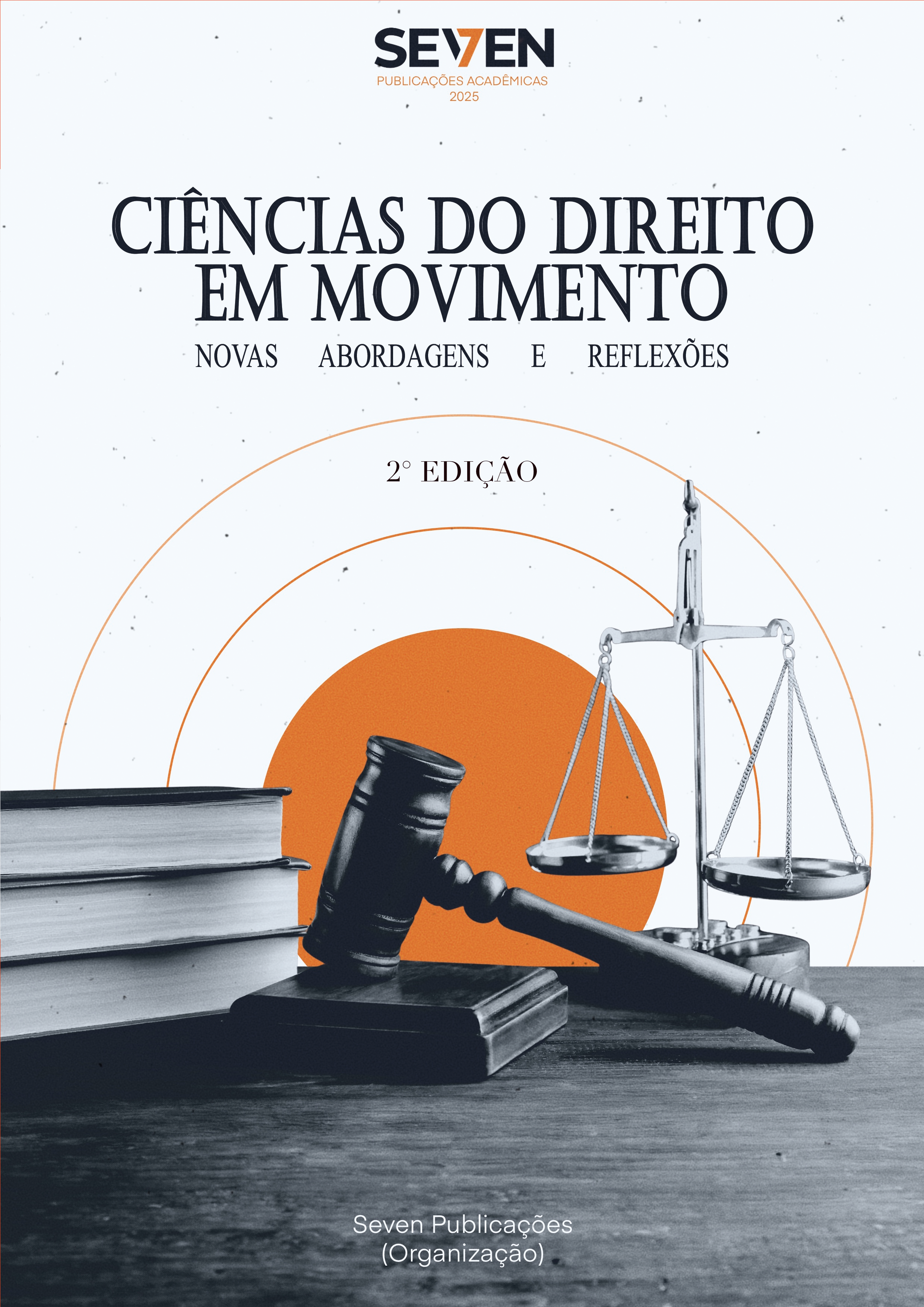FACIAL RECOGNITION BY ARTIFICIAL INTELLIGENCE IN THE MILITARY POLICE OF TOCANTINS: AN ANALYSIS BETWEEN TECHNOLOGICAL INNOVATION AND LEGAL CHALLENGES
Keywords:
Facial Recognition, Artificial Intelligence, Public SecurityAbstract
This study analyzes the feasibility of using facial recognition powered by Artificial Intelligence (AI) to enhance the operational efficiency of the Military Police of Tocantins (PMTO), considering both technological innovation and the resulting legal challenges. The advancement of AI has driven the adoption of facial recognition tools in Public Security, optimizing police operations and accelerating identification processes. However, the absence of specific regulation in Brazil raises ethical and legal discussions, particularly concerning the General Data Protection Law (LGPD) and fundamental rights. The general objective of this study is to analyze the feasibility of facial recognition by AI in the operational efficiency of the PMTO. The methodology consists of an exploratory study with a qualitative approach, based on bibliographic research and documentary analysis, aiming to understand the legal and operational implications of this technology. It is concluded that the PMTO must balance the operational benefits of AI with legal compliance and the protection of fundamental rights enshrined in the Federal Constitution, making clear regulation essential for its effective and ethical application.
Downloads
Published
Issue
Section
License

This work is licensed under a Creative Commons Attribution-NonCommercial 4.0 International License.





